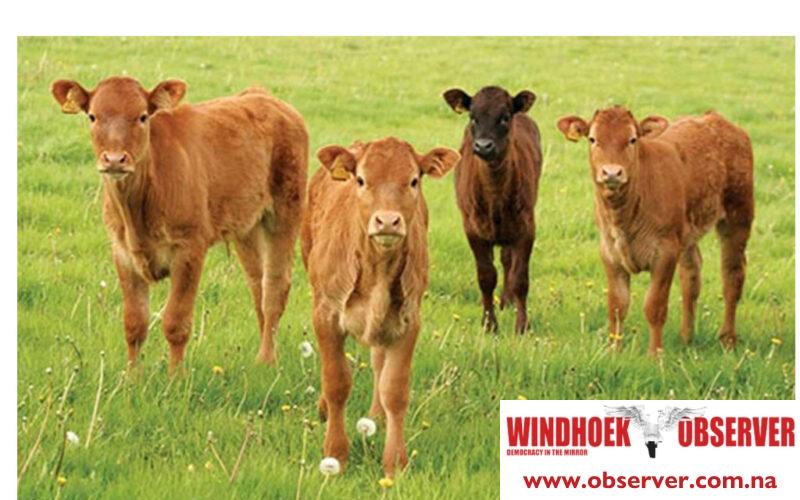Niël Terblanché
The Ministry of Agriculture, Water and Land Reform (MAWLR) issued a public notification on Friday to clarify the status of exporting weaners (young cattle) to South Africa and the importation of livestock feed from the same country.
According to John Shoopala, acting chief veterinary officer, the exportation of live cattle to South Africa has not been halted, as per rumours circulating on social media.
“Anyone who wishes to export live cattle to SA should apply for the South African veterinary permit,” he said in the notice.
Shoopala added that Namibia continues to allow the importation of fully processed livestock feed in compliance with veterinary import requirements.
The ministry is, however, currently engaged in negotiations with South Africa regarding the revised veterinary import requirements for unprocessed livestock feed such as hay and forage.
According to Shoopala, the importation of unprocessed livestock feed will be subject to the requirements as prescribed by the World Organisation for Animal Health (WOAH).
“The feed should have been harvested from registered establishments where no cloven-hoofed animals are kept,” he said.
The feed should also be subjected to one of the following treatments: steam treatment should be done in a closed chamber, ensuring the centre of the bales reaches a minimum temperature of 80°C for ten minutes; Use formaldehyde fumes or gas in a closed chamber at a temperature of 19° Celsius for at least eight hours, and store livestock feed in bond for at least four months.
Shoopala also recommended using veterinary-approved disinfectants that are effective against the Foot and Mouth Disease Virus to clean and disinfect vehicles transporting feed from south of the border.
Vehicles must also be sealed to prevent unauthorised materials from being added to the consignment, with seals only broken by veterinary officials upon arrival in Namibia.




